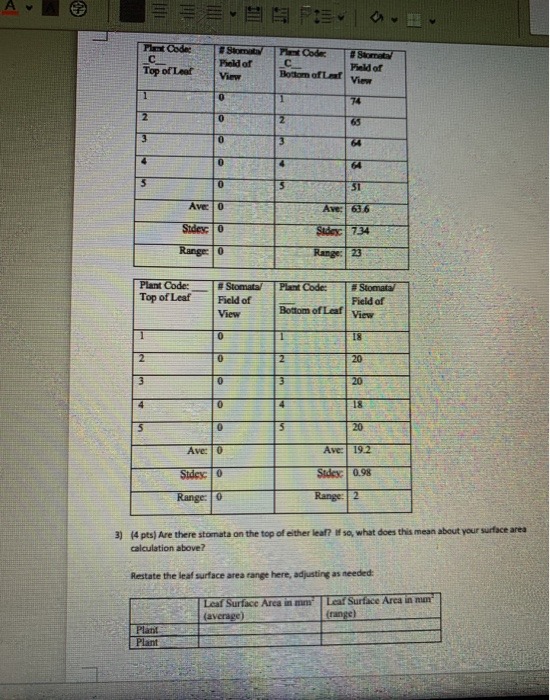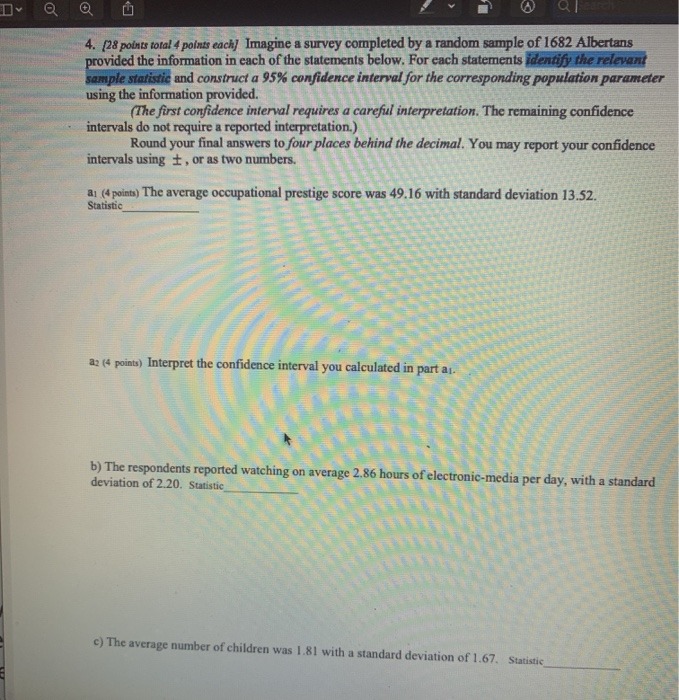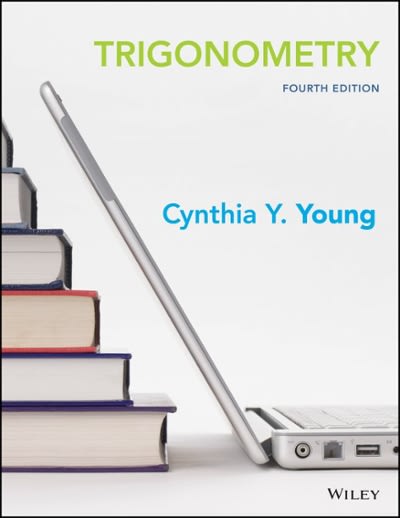Question
7. Two chess players, A and B, are going to play 7 games. Each game has three possible outcomes: a win for A (which is
7. Two chess players, A and B, are going to play 7 games. Each game has three possible
outcomes: a win for A (which is a loss for B), a draw (tie), and a loss for A (which is
a win for B). A win is worth 1 point, a draw is worth 0.5 points, and a loss is worth 0
points.
(a) How many possible outcomes for the individual games are there, such that overall
player A ends up with 3 wins, 2 draws, and 2 losses?
(b) How many possible outcomes for the individual games are there, such that A ends
up with 4 points and B ends up with 3 points?
(c) Now assume that they are playing a best-of-7 match, where the match will end as
soon as either player has 4 points. For example, if after 6 games the score is 4 to 2 in
favor of A, then A wins the match and they don't play a 7th game. How many possible
outcomes for the individual games are there, such that the match lasts for 7 games and
A wins by a score of 4 to 3?
8.
How many ways are there to permute the letters in the word MISSISSIPPI?
2. (a) How many 7-digit phone numbers are possible, assuming that the first digit can't
be a 0 or a 1?
(b) Re-solve (a), except now assume also that the phone number is not allowed to start
with 911 (since this is reserved for emergency use, and it would not be desirable for the
system to wait to see whether more digits were going to be dialed after someone has
dialed 911).
3. Fred is planning to go out to dinner each night of a certain week, Monday through
Friday, with each dinner being at one of his ten favorite restaurants.
(a) How many possibilities are there for Fred's schedule of dinners for that Monday
through Friday, if Fred is not willing to eat at the same restaurant more than once?
(b) How many possibilities are there for Fred's schedule of dinners for that Monday
through Friday, if Fred is willing to eat at the same restaurant more than once, but is
not willing to eat at the same place twice in a row (or more)?
4. A round-robin tournament is being held with n tennis players; this means that every
player will play against every other player exactly once.
(a) How many possible outcomes are there for the tournament (the outcome lists out
who won and who lost for each game)?
(b) How many games are played in total?
5. A knock-out tournament is being held with 2n tennis players. This means that for each
round, the winners move on to the next round and the losers are eliminated, until only
one person remains. For example, if initially there are 24 = 16 players, then there are
8 games in the first round, then the 8 winners move on to round 2, then the 4 winners
move on to round 3, then the 2 winners move on to round 4, the winner of which is
declared the winner of the tournament. (There are various systems for determining who
plays whom within a round, but these do not matter for this problem.)
(a) How many rounds are there?
(b) Count how many games in total are played, by adding up the numbers of games
played in each round.
(c) Count how many games in total are played, this time by directly thinking about it
without doing almost any calculation.
Hint: How many players need to be eliminated?
6. There are 20 people at a chess club on a certain day. They each find opponents and
start playing. How many possibilities are there for how they are matched up, assuming
that in each game it does matter who has the white pieces (in a chess game, one player
has the white pieces and the other player has the black pieces)



Step by Step Solution
There are 3 Steps involved in it
Step: 1

Get Instant Access to Expert-Tailored Solutions
See step-by-step solutions with expert insights and AI powered tools for academic success
Step: 2

Step: 3

Ace Your Homework with AI
Get the answers you need in no time with our AI-driven, step-by-step assistance
Get Started


